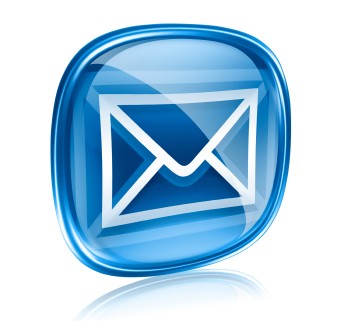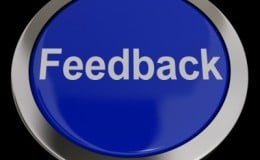Email Etiquette: Do We Need a Few Rules?
Email Etiquette: 5 Tips To Stop Email Overload
Information overload is an understatement. I hear complaints every day from clients: people are drowning in email. I’m wondering if there’s any sort of email etiquette for offices to follow.
I read somewhere a statistic that the average 17th century Frenchman had as much information stored in mind in their lifetime as is contained every Sunday in the New York Times. I don’t know who studies and measures such things, but I do know the quantity of email that passes through our inboxes in a day is growing. This is why email etiquette is something we all should practice.
If the quantity isn’t bad enough, the quality of email content leaves me scratching my head. Emails are easily misunderstood since they contain only text, and we are deprived of vocal intonations and body language to help us interpret nuances.
Have you ever written an email only to get a ‘huffy’ response back when no offense was intended? It happens all the time in offices around the world, taking up time and wasting emotional energy. Everyone I talk to has stories about emails and it’s becoming a major source of stress in most jobs.
Our brains weren’t designed to handle the incredible volume of information or the emotional stress that sometimes comes with it. I’ve been searching for some guidelines for using email intelligently, and found some interesting points in a book called Quiet Leadership by David Rock. I’ll share with you here:
The basic principle is that emails are only used to share data and information, and to schedule live conversations. In other words, where there are emotions, feedback, or anything personal, email is only used to set up a phone call. Here is the authors list of Email Etiquette principles:
[checklist]
- Emails should contain as few words as possible.
- Make it easy to see your central point at a glance.
- Never send an email that could emotionally affect another person unless it’s pure positive feedback.
- Emotional issues must be discussed by phone; email is used to book a time to call.
- If you accidentally break rule number 4, phone the person immediately, apologize, and discuss the issue by phone.
[/checklist]
Pretty smart, don’t you think? Imagine the grief and annoyances that could be avoided. I’m sure corporations could save millions of dollars in wasted time and energy each year, as well as reducing conflicts.
Perhaps we assume people naturally know how to be smart about email communications without setting up email etiquette rules, but surely some guidelines are wise. What do you think?








